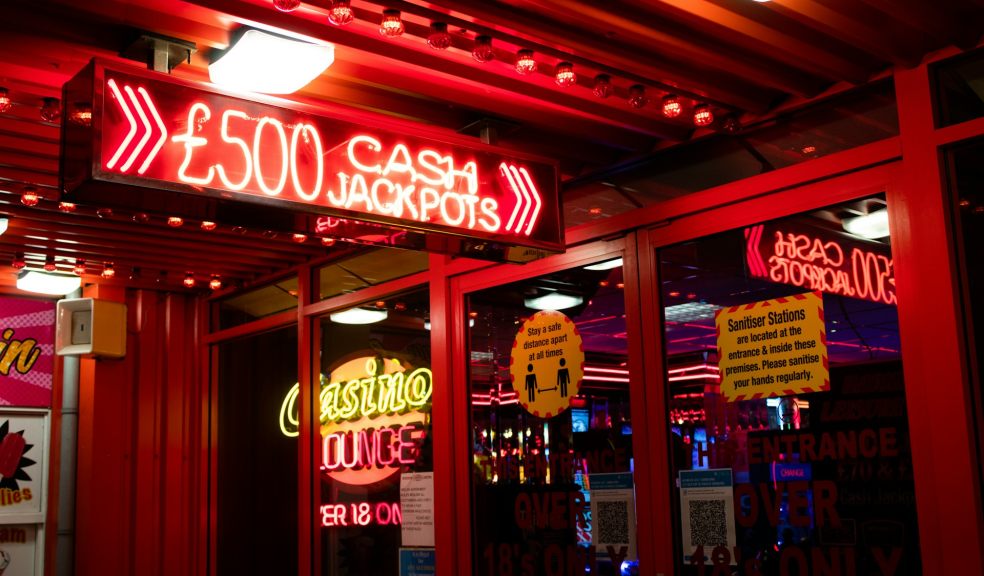
UK Loosens Regulations on Traditional Gambling Establishments Amid Rise of Digital Betting
The Government has announced a significant relaxation of regulations on traditional gambling establishments, including casinos, bingo halls, and bookmakers. This move comes as the country experiences a surge in digital betting, with online options like locally licensed online gambling sites and foreign licensed non-Gamstop casino platforms like those in sportstalkphilly.com increasingly dominating the industry. According to gambling expert Rick Elliot, what has led to the boom in foreign gambling sites is that these platforms offer wider game selections, various payment methods, and advanced security features.
Now, let us take a look at what has contributed to this rise in online wagering and how it has impacted the gambling landscape.
The Rise of Digital Betting
The UK's digital betting market has undergone a significant transformation in recent years, driven by the proliferation of online gambling platforms. This shift has brought about unprecedented levels of convenience and accessibility, allowing customers to bet at any time and from any location. With just a few clicks, users can access a vast array of betting markets, spanning traditional sports, cutting-edge esports, and immersive virtual events.
The digital revolution has empowered bettors with unparalleled flexibility and choice. Online operators have responded by expanding their offerings, catering to diverse interests and preferences. As a result, the digital betting landscape has become increasingly dynamic, with new opportunities and experiences emerging all the time.
A Shift in the Landscape
The proliferation of digital betting platforms has revolutionised the way people engage with gambling, leading to a notable decline in foot traffic for traditional brick-and-mortar establishments. Faced with this new reality, many operators have been forced to adapt or risk closure.
In response to this shift, the government has taken steps to relax regulations, aiming to revitalise the sector and create a more equitable playing field. By loosening the reins, the government hopes to encourage innovation, drive growth, and ensure the long-term sustainability of the industry. As the UK's gambling landscape continues to evolve, one thing is clear: the future of betting will be shaped by the intersection of technology, regulation, and consumer demand.
Key Regulatory Changes
In a bid to level the playing field and foster innovation, key regulatory changes have been introduced to reduce the administrative burden on traditional establishments. These changes aim to allow businesses to focus on enhancing customer experience and driving growth.
Simplified Licensing and Fees
The licensing process has been streamlined, with simplified application procedures and reduced fees for licences and permits. This change is expected to ease the financial strain on traditional establishments, enabling them to allocate resources more effectively.
Competitive Betting Limits
Traditional establishments can now offer more competitive betting limits, bringing them in line with online operators. This increased flexibility will enable businesses to better cater to customer needs and stay competitive in the market.
Freedom to Advertise
Restrictions on advertising have been eased, allowing traditional establishments to promote their services more freely. This includes advertising on social media and during live sports events, providing businesses with new opportunities to reach customers and build their brand.
A Boost for Traditional Establishments
The relaxation of regulations is set to breathe new life into traditional gambling establishments, providing a much-needed boost to these businesses. By reducing administrative costs and increasing flexibility, traditional establishments can now shift their focus towards innovation and enhancing customer experience.
This change is expected to bring about a range of benefits, including:
Enhanced customer experience: With more resources available, traditional establishments can invest in upgraded amenities, expanded entertainment options, and personalised services, creating a more enjoyable and engaging experience for patrons.
Increased competitiveness: The relaxation of regulations, including more flexible betting limits and relaxed advertising restrictions, enables traditional establishments to better compete with online operators, levelling the playing field and driving growth.

















